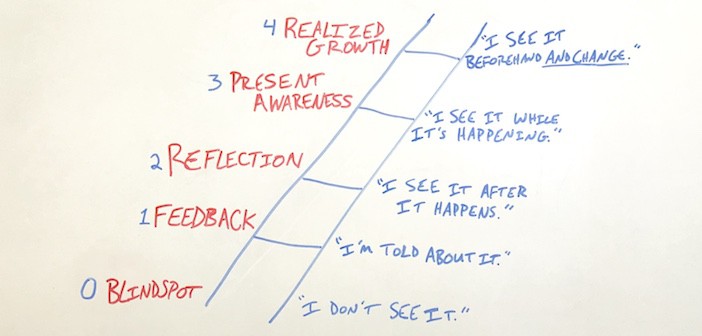Last week’s post discussed the two factors that contribute to any individual’s level of openness to change:
1. Perceived need for change AND
2. Perceived feasibility of change
.
In continuing that topic, there are specific barriers that prevent one from recognizing the need for change. Consider these…
(Wednesday will feature the barriers to perceived feasibility.)
.
BARRIERS TO PERCEIVED NEED:
.
Traditionalism
.
An individual’s attachment to current methods, for their comfort and predictability, will reduce his/her ability to recognize the need for change.
.
False success
.
Often an individual judges his/her organization as successful when in fact it is not. This is generally due to the absence or poor development of clear metrics. When you measure the wrong things, people tend to develop the wrong opinion of your organization’s health.
.
Historical success
.
Some individuals justify the organization’s current methods with past examples of success, reasoning that, “If it worked before, it will work again!”
.
Segment-focus
.
Most likely, no matter the state of the organization, at least one segment of it is experiencing some level of success. When an individual focuses on the “small picture” rather than the “big picture”, the need for change will be difficult to recognize.
.
Personal interest
.
Some individuals will value their own interests over those of the organization. When someone of that type is benefitted by current methods, he/she is unlikely to be concerned by organizational needs.
.
.
These are just a few examples of barriers to perceived need. What are some other barriers that you have experienced?
.
.
[Side note: I am in the process of developing a tool with which an organization can measure its overall level of openness to change. If you are currently considering a moderate to large change initiative, this could be very helpful. Please send me an email if you are interested in using it!]



